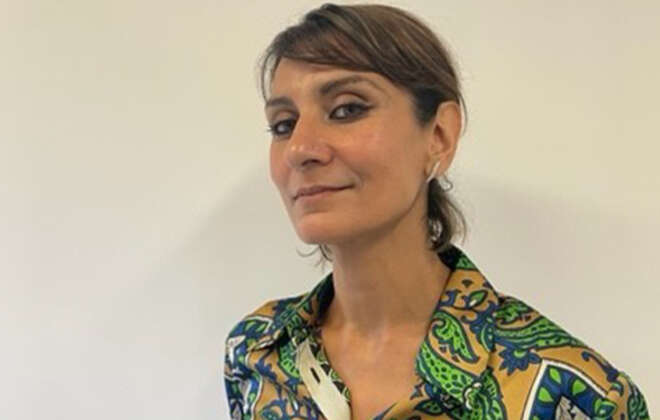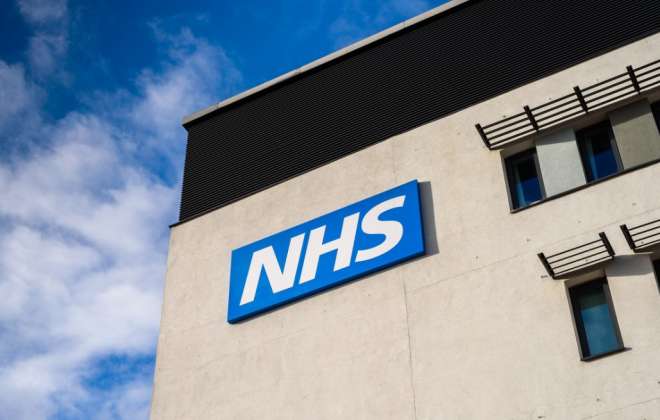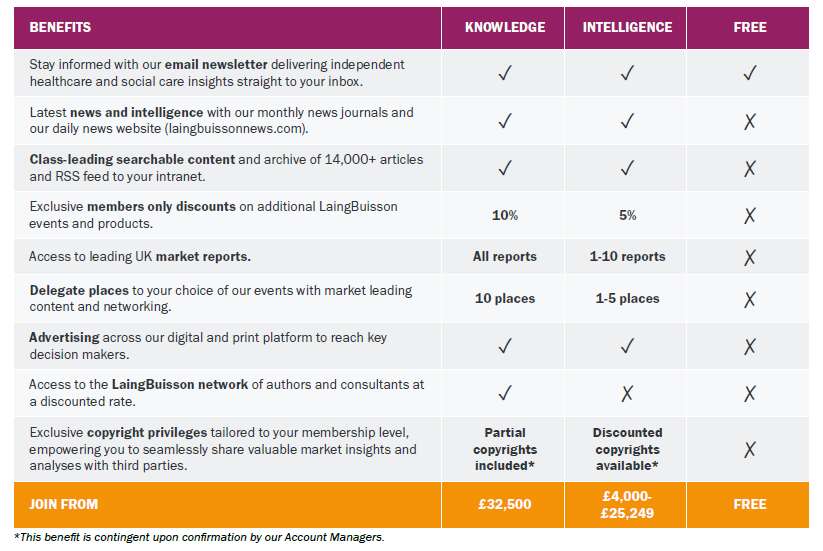IVF – a dynamic, innovative and growing market in the UK
The UK fertility market is worth £320m and experiencing accelerating growth according to a newly-published report from healthcare intelligence experts, LaingBuisson. In terms of volume, this amounted to 68,000 in vitro fertilisation (IVF) cycles and 13,500 intra uterine insemination (IUI) cycles.
The market has enjoyed steady growth in recent years, with volume growth around 3% per year accelerating to 4.5% more recently. This is driven by the increasing age at which women start families, declining male fertility and greater social acceptance of fertility treatment as a route to having a family, especially for those who have delayed starting a family or who are in same-sex relationships. Improved success rates are also encouraging more childless people to try IVF.
However, science may drive further growth. Clinics and clinicians are always looking for ways of improving their success rates and adding value. One such development is genetic testing. While the ethics sounding ‘designer babies’ remain hotly debated, the benefits genetic testing offers in terms of reducing the risk of passing on inherited diseases are significant. Currently pre-implantation genetic diagnostics only account for around 1% of IVF cycles.
The market remains highly fragmented and the eight largest groups provide less than 25% of the cycles. IVI from Spain, Virtus from Australia and FutureLife from the Czech Republic have all entered the UK market, while major independent hospital groups such as HCA, BMI and Nuffield are involved in the market, but none is growing their presence. This may be because there is little synergy between IVF and general private hospitals, or it may be that patients prefer a specialist clinic.
There remain a large number of owner-managed clinics, many of them set up in the boom years of the mid-1990s. This lends an interesting dynamic to the market in that many of these owner-managers may be reaching the time when they would consider exiting, offering an opportunity to private equity investors. Already five of the largest groups are private equity-backed and as these investments reach the end of their cycle, further deals are expected.
Hugh Risebrow, author of the report said:
“Greater social acceptability of IVF, increased success rates and most importantly innovation indicate a vibrant future for the UK IVF market. While NHS commissioners are tightening the criteria for treatment and reducing the number of cycles available, childless people who are keen to have a child are increasingly looking to IVF as a way of having a much-wanted family. This is evidenced by 70% of the market by value being privately funded. Given the UK has relatively low rates of treatment by international standards, it is clear there is scope for further growth, and this will doubtless be supported by new treatments and the possibilities these present in allowing those who might otherwise be childless to have a healthy family.”
LaingBuisson will hold its first Fertility Forum on Friday 2 November, ahead of the Fertility Show at London Olympia on 3-4 November. This one-day conference will enable providers, patients and professional associations in this dynamic market to share knowledge, experience and insight. For more details, see our dedicated website www.fertility-forum.com
Download this press release as a PDF
LaingBuisson’s In Vitro Fertilisation
in partnership with








